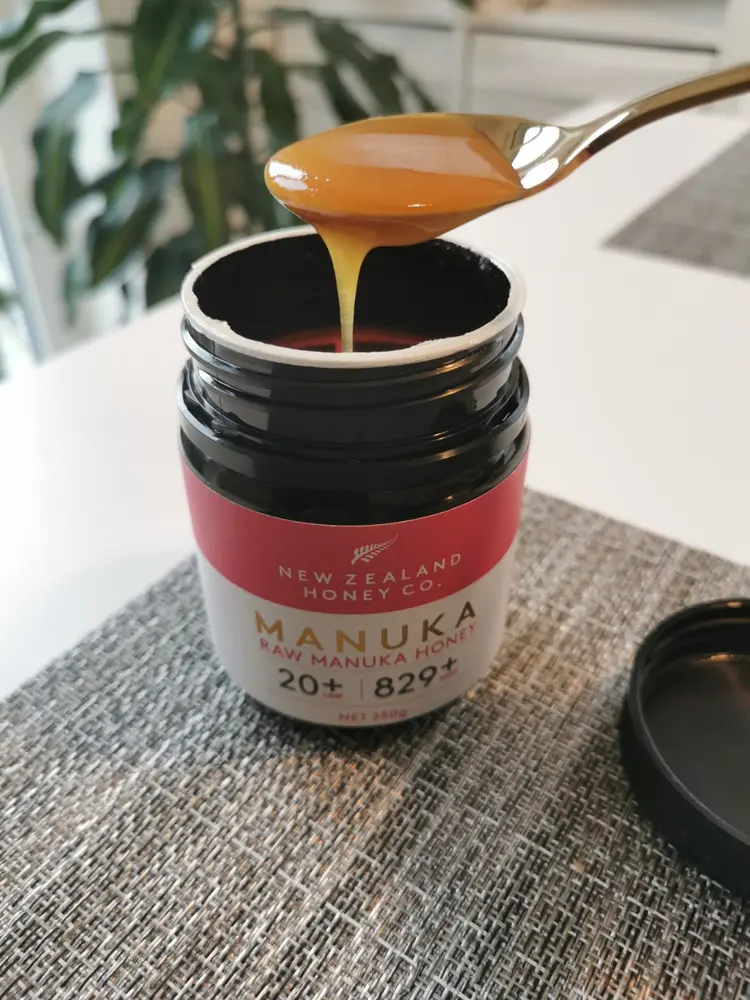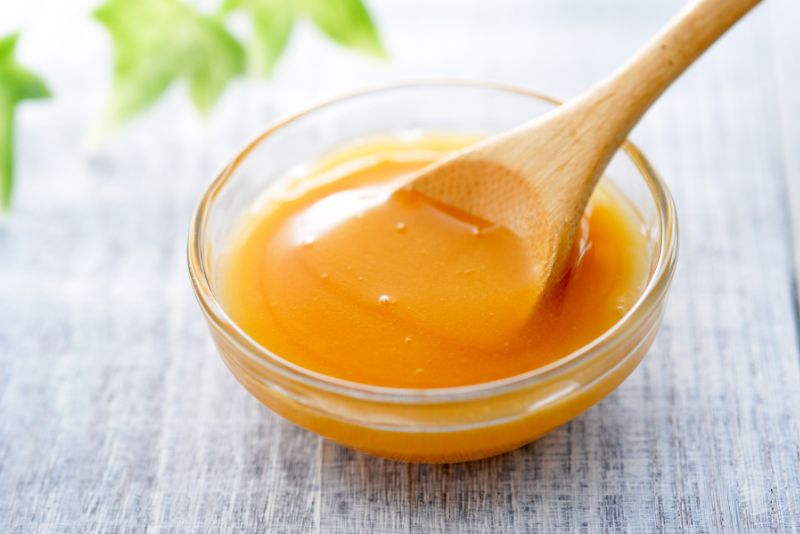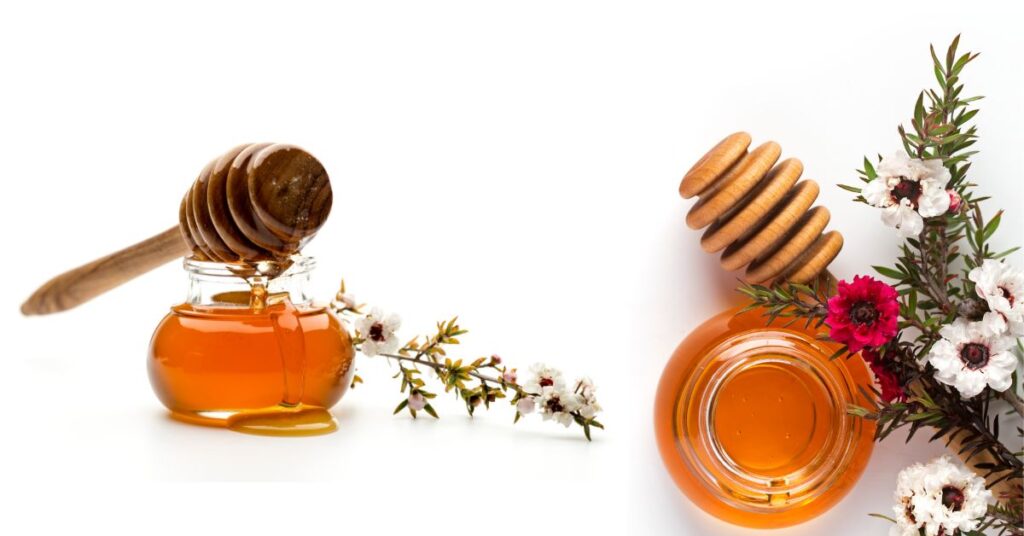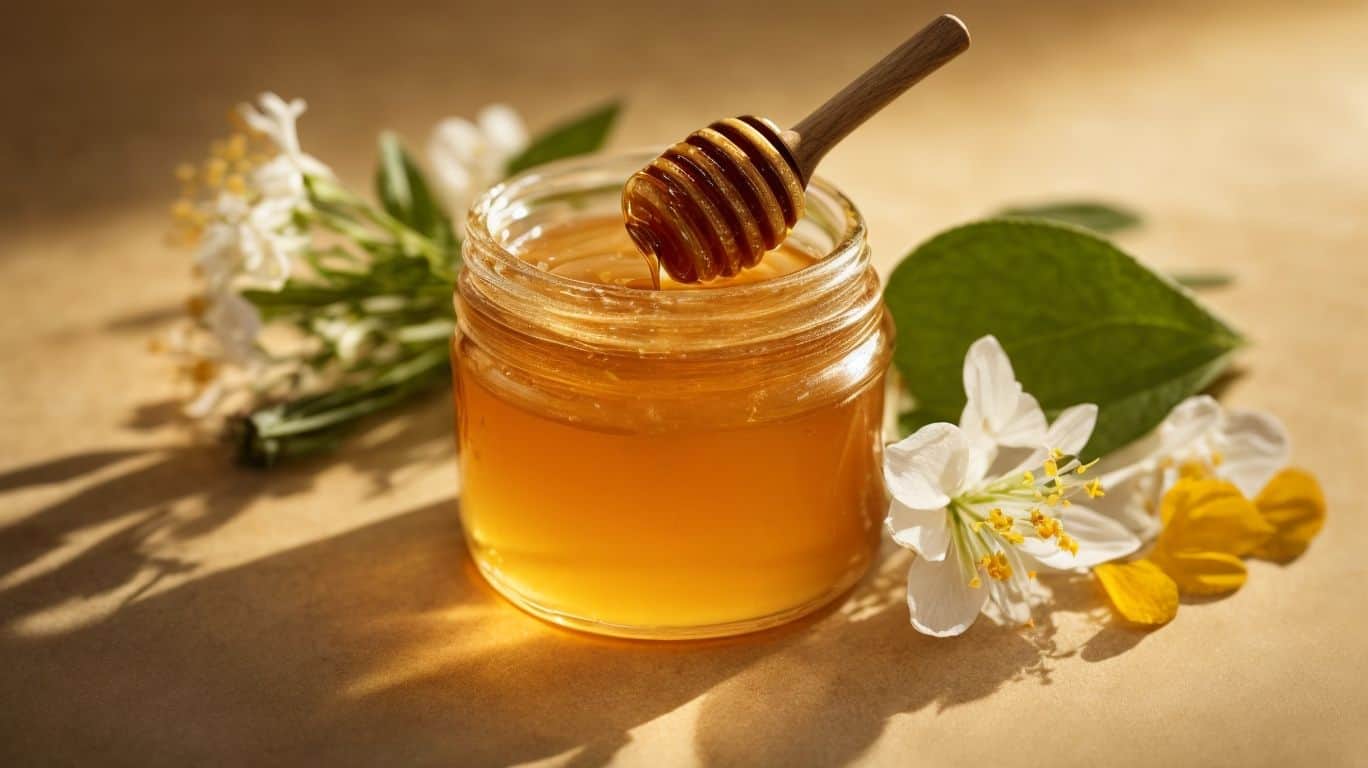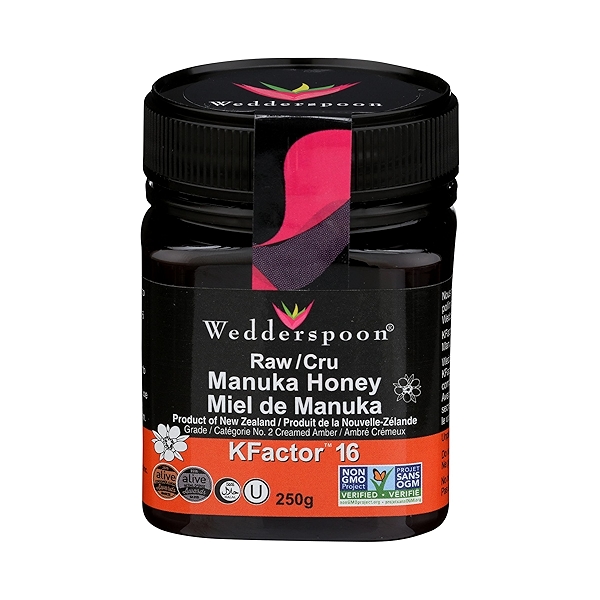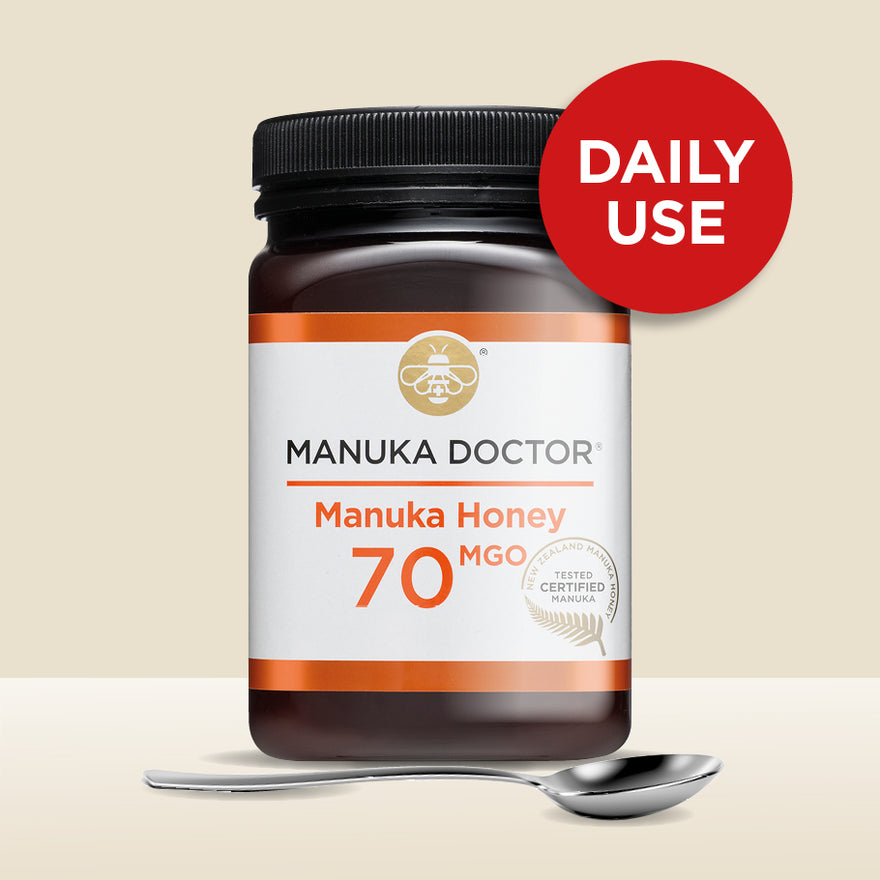Manuka Honey How Much Per Day

The golden elixir of New Zealand, Manuka honey, has garnered global attention for its purported health benefits, ranging from wound healing to immune system support. But amidst the hype, a crucial question lingers: how much Manuka honey is safe and effective to consume daily? Overconsumption could negate potential advantages, while insufficient intake might yield minimal results. The key lies in finding the sweet spot, a daily dose that unlocks the honey's therapeutic potential without adverse effects.
This article delves into the optimal daily intake of Manuka honey, drawing upon scientific research and expert opinions to provide a balanced perspective. We will explore the factors influencing dosage recommendations, examine the potential risks associated with excessive consumption, and consider alternative viewpoints on incorporating this unique honey into a healthy lifestyle. Understanding the nuances of Manuka honey consumption is paramount for maximizing its benefits and ensuring responsible use.
Understanding Manuka Honey and its UMF Rating
Manuka honey is produced by bees that pollinate the Manuka bush (Leptospermum scoparium), native to New Zealand. Its distinctive properties stem from a high concentration of methylglyoxal (MGO), a compound not found in significant quantities in other honeys. The Unique Manuka Factor (UMF) rating system, developed by the Unique Manuka Factor Honey Association (UMFHA), assesses the quality and purity of Manuka honey.
A higher UMF rating indicates a greater concentration of MGO and other unique signature compounds, such as leptosperin and dihydroxyacetone (DHA). These compounds contribute to Manuka honey's antibacterial, anti-inflammatory, and antioxidant activities. The UMF rating is crucial for determining the appropriate daily dose, as honeys with higher ratings are generally considered more potent.
Recommended Daily Intake: What the Research Suggests
Determining the ideal daily intake of Manuka honey is complex, as research is still evolving. However, most experts suggest that 1-2 tablespoons (15-30 ml) per day is a reasonable starting point for adults. This dosage can be adjusted based on individual needs and health conditions, always consulting with a healthcare professional for personalized advice.
A study published in the Journal of Agricultural and Food Chemistry investigated the antibacterial activity of Manuka honey against various bacteria. The findings suggested that even small amounts of Manuka honey could inhibit bacterial growth. However, the optimal dosage for therapeutic benefits may vary depending on the specific condition being addressed.
Another study published in the British Journal of Nutrition explored the effects of Manuka honey on gut health. The study indicated that consuming Manuka honey could promote the growth of beneficial gut bacteria. The researchers used varying dosages of Manuka honey in their experiments, but did not explicitly define a universally recommended daily intake.
Factors Influencing Dosage Recommendations
Several factors influence the recommended daily intake of Manuka honey. These include the UMF rating, individual health conditions, and dietary habits. Higher UMF-rated honeys typically require smaller doses to achieve desired effects, while individuals with pre-existing health conditions should seek professional guidance before incorporating Manuka honey into their daily regimen.
Moreover, the overall diet plays a crucial role in determining the appropriate dosage. Individuals consuming a diet rich in sugars and processed foods may experience less pronounced benefits from Manuka honey compared to those following a healthier diet. Consulting with a registered dietitian can help tailor the intake to individual dietary needs.
Considerations for Specific Health Conditions
Manuka honey has been investigated for its potential benefits in managing various health conditions. For wound healing, topical application is typically recommended, while oral consumption may offer additional support. Individuals with diabetes should exercise caution when consuming Manuka honey, as it can affect blood sugar levels.
People with allergies, especially those related to bee products, should consult an allergist before consuming Manuka honey. Pregnant or breastfeeding women should also seek medical advice before incorporating Manuka honey into their diet. In all cases, it is crucial to prioritize safety and avoid self-treating serious medical conditions with Manuka honey alone.
Potential Risks and Side Effects of Overconsumption
While Manuka honey offers potential health benefits, overconsumption can lead to adverse effects. As a high-sugar food, excessive intake can contribute to weight gain, elevated blood sugar levels, and dental problems. Individuals with insulin resistance or diabetes are particularly vulnerable to these risks.
Furthermore, some individuals may experience digestive issues such as bloating, gas, or diarrhea after consuming large amounts of Manuka honey. These side effects are usually mild and transient, but they can be uncomfortable. Moderation is key to avoiding these potential drawbacks.
Alternative Perspectives and Complementary Therapies
It is important to recognize that Manuka honey should not be considered a sole treatment for any medical condition. Instead, it can be used as a complementary therapy alongside conventional medical treatments. A holistic approach to health, incorporating a balanced diet, regular exercise, and stress management techniques, is essential for overall well-being.
Some alternative health practitioners suggest combining Manuka honey with other natural remedies to enhance its therapeutic effects. For example, blending Manuka honey with ginger or turmeric may amplify its anti-inflammatory properties. However, it is crucial to research the safety and efficacy of such combinations before implementing them.
Conclusion: A Balanced Approach to Manuka Honey Consumption
Manuka honey holds considerable promise as a natural health remedy, but responsible consumption is paramount. A daily intake of 1-2 tablespoons, adjusted based on individual needs and health conditions, is generally considered safe and effective for most adults. It's important to remember that Manuka honey is not a substitute for conventional medical care, and it should be used as part of a holistic approach to health and wellness.
As research on Manuka honey continues to evolve, it is crucial to stay informed about the latest findings and recommendations. Consulting with healthcare professionals, including doctors, dietitians, and allergists, can help individuals make informed decisions about incorporating Manuka honey into their daily routine. By adopting a balanced and informed approach, we can harness the potential benefits of this remarkable honey while minimizing any potential risks.


